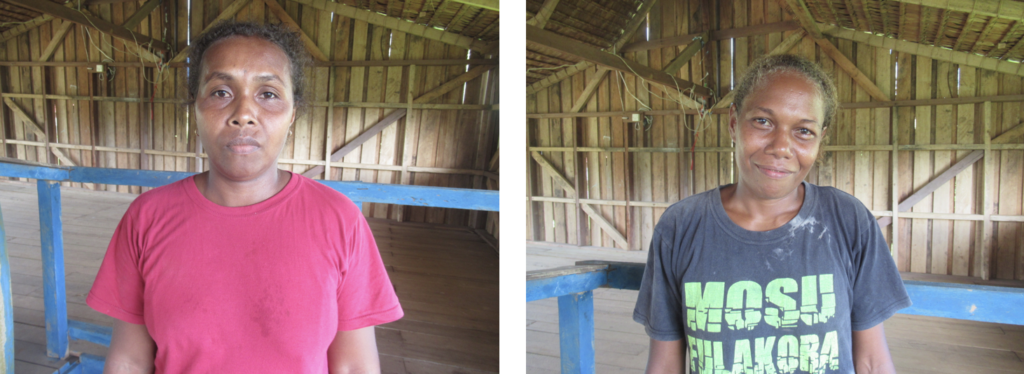Financial Education: Creating the Next Generation of Financially Literate Solomon Islanders
Tags
“I have shown my family what I learned from these studies, including savings products like youSave (a voluntary saving scheme for the self-employed) and mobile money”
-Junior, Brandly's classmate on lessons he share with his family
Brandly Greth, a student in a Solomon Islands Technical Vocation Education Training (TVET), has just started a course in financial literacy education, or FinEd, alongside his studies in engineering, agriculture and religious studies courses.
The course has already inspired him to set himself long-term financial goals: “when I have children in the future, I will save money for my children’s school fees or to help our family”. Brandly’s intention to save money for his family in the future highlights how the benefit of FinEd can spread beyond the students to their families and communities. While many of them don’t have their own money as they are unable to combine paid employment with their studies, they are able to share their knowledge to impact their family’s financial behaviour. One of Brandly’s classmates, Junior, explained that he shared his lessons with his family “I have shown my family what I learned from these studies, including savings products like youSave (a voluntary saving scheme for the self-employed) and mobile money”.
The need for this process is evidenced by how many of the students did not continue the course beyond the first term due to being unable to pay their school fees. TVETs students do not qualify for free government-sponsored education. While tuition fees are kept as low as possible, turnover at the schools is still very high. This may be because families do not set aside money for fees and can’t pay the lump sum tuition fee when it is due. Brandly is determined to change his family’s approach to financial planning: he complains that “today… as soon as they receive money they will spend it”.
Developing women’s financial knowledge can have a particularly clear effect on family’s financial resilience as they are often charged with meeting the family’s day-to-day needs. Beverlyn Udughegna has just completed the first of two FinEd books and it inspired her to open a small business selling vegetables. This allows her to contribute to family expenses and helps pay for her studies. She speaks of the difference that FinEd courses can make to the lives of women in Solomon Islands, who often bear the brunt of what she calls the “the struggle of economic life”. She says the course has “changed how I live life and how I use money. I must use money wisely”.
Teachers training each other
This sharing of knowledge, in a way, reflects the way in which the teacher training was structured. Launched in 2017 through a partnership with the Anglican Church of Melanesia (ACOM), the introduction of FinEd into the TVET curriculum has had two phases. The pilot phase trialled FinEd at three (Garanga, Pamua and Airahu) TVET centres. In the second phase this was scaled up to the remaining three TVET centres (Kholaero, Bishop Koete and Luesalo). To achieve this scaling the teachers involved in the pilot became Lead Teaching Instructors. The teachers were paired, one Lead Training Instructor with one teacher who was new to FinEd. This process achieved results and gained praise in particular from the female teachers, as family duties meant that they were not able to attend all the trainings. They were then provided with comprehensive refresher training on the content covered by the programme, as well as training on teaching and structuring the 10-day block course they would deliver in the new schools.

Hellen Hiroza and Ruth Kelisia, TVET teachers
Hellen Hiroza and Ruth Kelisia, both TVET teachers, initially worked together and then more independently as their skills and confidence to teach the course developed. Both said that the training has also impacted their own financial behavior. “Due to this training I have a better understanding and skills to manage money, so I opened a new bank account last year to save my money for my family” as Ruth mentioned. Whereas Hellen expressed her wish for the course to continue; “it is important and helpful for both trainees and teachers to improve the FinEd skills from this program and it must still be taken at Kholaero so that the trainees know how to manage their money”.
Now that there are trained teachers in all six of the TVETs there is great potential to build on the past three years of FinEd education with the ultimate aim of positively impacting the financial behaviour of a future working generation of Solomon Islanders. To read our recommendations on how to continue deepening the impact of this project read our new Focus Note.